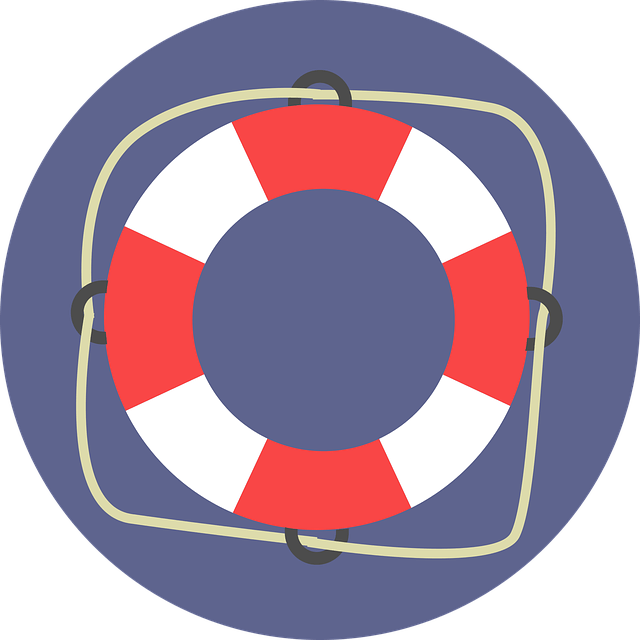Tablets have become an essential gadget for many people, offering a convenient way to browse the internet, read e-books, watch movies, play games, and much more. With so many options available in the market, finding the best tablet for your personal use can be a daunting task. To help you make an informed decision, we have compiled a comprehensive guide on how to pick the best tablet for your needs.
Consider Your Usage
Before diving into the world of tablets, it is important to consider how you plan to use it. Are you looking for a tablet primarily for entertainment purposes, such as watching movies and playing games? Or do you need a tablet for productivity, such as editing documents and creating presentations? Understanding your usage requirements will help you narrow down your options and find a tablet that best suits your needs.
Operating System: Android, iOS, or Windows?
When it comes to tablets, the operating system plays a crucial role in determining the user experience. The three major operating systems available in the tablet market are Android, iOS, and Windows. Android tablets offer a wide range of customization options and a vast app library. iOS tablets, such as the iPad, are known for their seamless integration with other Apple devices and a vast selection of high-quality apps. Windows tablets provide a full desktop-like experience and are ideal for productivity tasks. Consider your familiarity with the operating system and the ecosystem of devices you already own before making a decision.
Size and Portability
Tablets come in various sizes, ranging from compact 7-inch models to larger 12-inch ones. The size of the tablet should align with your needs and preferences. If portability is a top priority, smaller tablets are more suitable for carrying around. On the other hand, larger tablets offer a bigger screen real estate for multimedia consumption and productivity tasks. Consider where and how you plan to use the tablet to determine the ideal size for you.
Display Quality
The display quality of a tablet greatly affects the overall user experience. Look for a tablet with a high-resolution display and good color accuracy. A vivid and sharp display will enhance your enjoyment when watching movies, reading e-books, or playing games. Additionally, consider other factors such as brightness levels, viewing angles, and whether the tablet has a touchscreen.
Performance and Storage
The performance of a tablet is determined by its processor, RAM, and storage capacity. A powerful processor and ample RAM will ensure smooth multitasking and faster app loading times. If you plan to use resource-intensive apps or games, opt for a tablet with a higher-end processor. Storage capacity is also important, especially if you have a large media library or need to store large files. Ensure the tablet has enough built-in storage or supports expandable storage options.
Battery Life
One of the key advantages of tablets is their portability. However, a tablet’s portability is useless if it constantly needs to be charged. Look for a tablet with a long battery life that can last through your typical usage duration. Check for user reviews or manufacturer claims to get an idea of the tablet’s battery performance.
Connectivity Options
Consider the connectivity options you need in a tablet. Most tablets offer Wi-Fi connectivity as a standard feature, but if you require cellular data connectivity, ensure the tablet has the necessary capabilities. Other connectivity options to consider include Bluetooth for wireless accessories and USB ports for connecting external devices.
Price and Budget
Last but not least, consider your budget when choosing a tablet. Tablets come in a wide range of price points, from budget-friendly options to high-end models. Determine how much you are willing to spend and look for tablets that offer the best value for your money. Consider the features and specifications that are most important to you and prioritize them within your budget.
Conclusion
Choosing the best tablet for your personal use involves considering your usage requirements, the operating system, size and portability, display quality, performance and storage, battery life, connectivity options, and your budget. By carefully evaluating these factors, you can find a tablet that perfectly aligns with your needs and preferences. Happy tablet hunting!




